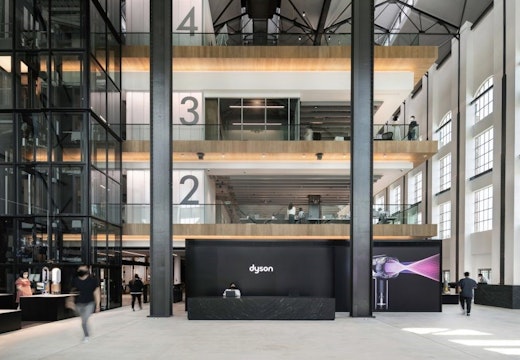Growing with purpose: how Clyde & Co scaled a global legal culture
From office culture to AI and mentorship, Clyde & Co chairman Michael Payton reflects on how legal workplaces must adapt without losing their core values
From the early days of analogue litigation to leading an international law firm in the era of artificial intelligence, Michael Payton has lived through, and led, transformative change in the legal sector. In a recent episode of The Unworking Podcast, Payton, former senior partner and now Chairman of Clyde & Co, shared how the firm has evolved from a single office in London into a global player in insurance law, propelled by landmark cases and a willingness to restructure boldly.
What emerges from Payton’s reflections is a blueprint for how legal workplaces can balance growth, technology, and culture in today’s fast-changing world of work.
Building culture
While Clyde & Co now operates across multiple continents, Payton insists that a shared culture anchored in client service remains the firm’s strongest connective tissue. At a time when many global firms struggle with fragmentation, Clyde & Co’s strategy hinges on common values such as openness, collegiality, and professional excellence which serve as cultural constants, even as office locations and working patterns evolve.
Repairing mentorship gaps
Clyde & Co, like many law firms, has adopted a hybrid work model, with in-office days typically concentrated between Tuesday and Thursday. This rhythm reflects both internal preferences and external pressures, especially from clients who still expect face-to-face collaboration.
Yet Payton comments that while flexibility has undeniably improved quality of life for many legal professionals, the reduced in-person time has unintended consequences for early-career lawyers. ‘The concern is about junior lawyers who miss out on the day-to-day mentorship and informal learning that happens in the office,’ Payton explains. This mentorship gap raises questions about how law firms can sustain firm culture and knowledge transfer across hybrid structures.
AI and the future of legal work
Looking ahead, Payton is optimistic yet grounded about the role of emerging technologies. Artificial intelligence will reshape the legal workflow from research and drafting to document review. But he also argues that the essence of the legal profession will remain unchanged. ‘Lawyers resolve human disputes,’ he says. ‘That role will always require empathy, judgement, and trust – things machines cannot replicate.’
For legal leaders charting their workplace strategies, this insight is instructive. Technology can enhance legal services, but it cannot replace the human dimension that sits at the heart of trusted legal advice.
Payton’s career offers a long view on transformation, but his insights are highly relevant for today’s decision-makers in legal real estate, operations and talent. As law firms embrace more fluid, globalised and tech-enabled models of working, they must also invest in cultural cohesion, mentorship design, and client-centred environments in both the physical and digital space. Listen to the full conversation with Michael Payton on The Unworking Podcast here:








